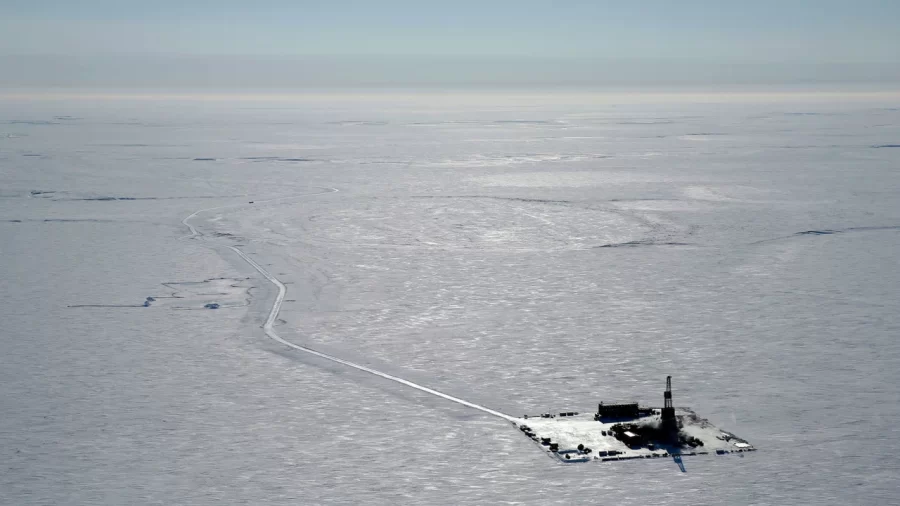Biden Approves Willow Project in Alaska
Regardless, what has become very much focused on is that the approval of this project is a flagrant violation of a campaign promise Joe Biden made during his 2020 campaign. During the said campaign, Biden vowed to end new oil and gas drilling on public lands and waters – which he initially carried out as part of an early executive order. However, his pause on drilling was struck down by a federal judge in 2021, and since then the Biden Administration has opened several new areas for drilling. Several of these areas have also been challenged by environmental groups.
March 24, 2023
March 13th, 2023. President Joe Biden has officially approved the ever-controversial Willow Project in Alaska, paving the way for the further excavation and exploitation of the natural resources of the far northern state. With the approval of this project, ConocoPhillips has now been approved to construct three new drilling pads in Alaska, allowing them to extract approximately 90% of the total oil that they seek.
The Willow Project has actually existed and gone on for many decades, but in recent weeks, the name has become the name of the recently approved expansion, rather than the project as a whole. The project itself is a massive oil drilling venture in Alaska’s North Slope upon the National Petroleum Reserve, which is owned by the Federal Government. Despite this federal ownership, the undertaking of the oil drilling is done by ConocoPhillips, a Houston-based energy company that has sought to exploit more oil for years.
The expansion project was originally proposed and approved by the Trump Administration in 2020. Originally, the company was permitted to construct five drilling pads, which the Biden administration successfully brought down to only three, per the insistence of Green Democrats and environmentalists.
The response to the Project has been mixed. Supporters of the project claim that it will create jobs, boost domestic energy production, and greatly lessen the country’s reliance on foreign oil imports. A coalition of Alaska Native groups on the North Slope also supports the project, claiming that it could be a new source of desperately needed revenue for the region and fund services that have become rather neglected.
Opponents of the Willow Project, including other native groups closer to where the project itself is planned, have made their voices heard. Tribal members in the Native Village of Nulqsut have expressed their deep concerns about both the health and environmental aspects of the project. Online activism has also exploded, with the site “Tik-Tok” reportedly being widely used to convey opposition to the program.
The opposition’s worries are not unfounded, however. By the estimates of the Biden Administration itself, the project would generate enough oil to release 9.2 million metric tons of carbon pollution a year – equivalent to adding 2 million gas-powered cars to the roads. Earthjustice has filed a complaint against the project and is inspected to file a legal injunction as well in an attempt to get the project struck down.
Regardless, what has become very much focused on is that the approval of this project is a flagrant violation of a campaign promise Joe Biden made during his 2020 campaign. During the said campaign, Biden vowed to end new oil and gas drilling on public lands and waters – which he initially carried out as part of an early executive order. However, his pause on drilling was struck down by a federal judge in 2021, and since then the Biden Administration has opened several new areas for drilling. Several of these areas have also been challenged by environmental groups.


